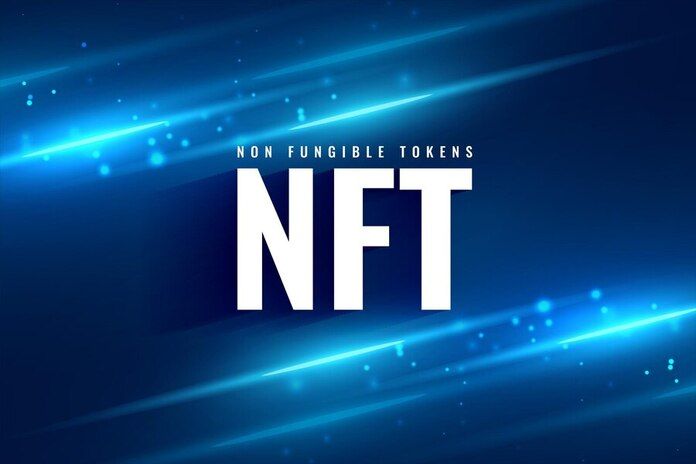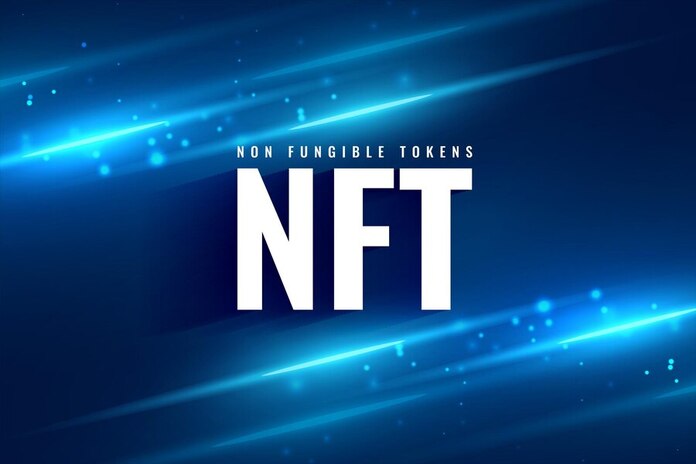Grayscale Launches Avalanche Trust for AVAX Investment

Grayscale Introduces Avalanche Trust
Grayscale Investments, a leading cryptocurrency asset manager, has introduced the Grayscale Avalanche Trust, providing investors with exposure to the AVAX token. This token is crucial for transaction fees and securing the Avalanche blockchain, known for its high-speed and scalable capabilities as a competitor to Ethereum.
This launch is part of Grayscale’s broader expansion into decentralized finance and AI tokens. The firm has recently introduced several new products, including decentralized AI token funds. The Avalanche Trust announced on Thursday, marks a significant addition to Grayscale’s suite of investment options.
Growing Interest in Crypto Investment Products
Interest in publicly traded cryptocurrency products has surged since the Securities and Exchange Commission (SEC) approved the first Bitcoin (BTC) ETFs for U.S. trading in January. Grayscale, a prominent player in the industry and part of Digital Currency Group, has been a pioneer in bringing digital assets to traditional investors. Its Bitcoin Trust was among the first ETFs to receive approval, and it recently transitioned its Grayscale Ethereum Trust (ETHE) to an ETF structure.
Under the leadership of new CEO Peter Mintzberg, who took over from Goldman Sachs, Grayscale now offers over 20 crypto investment products. Recent additions include the Grayscale Bittensor Trust and Grayscale Sui Trust, focusing on the TAO and SUI tokens, respectively.
Rayhaneh Sharif-Askary, Grayscale’s head of product and research, highlighted Avalanche’s role in advancing real-world asset (RWA) tokenization through strategic partnerships and its multi-chain structure. At the time of writing, the AVAX token was trading at approximately $23.
Featured Image: Freepik








